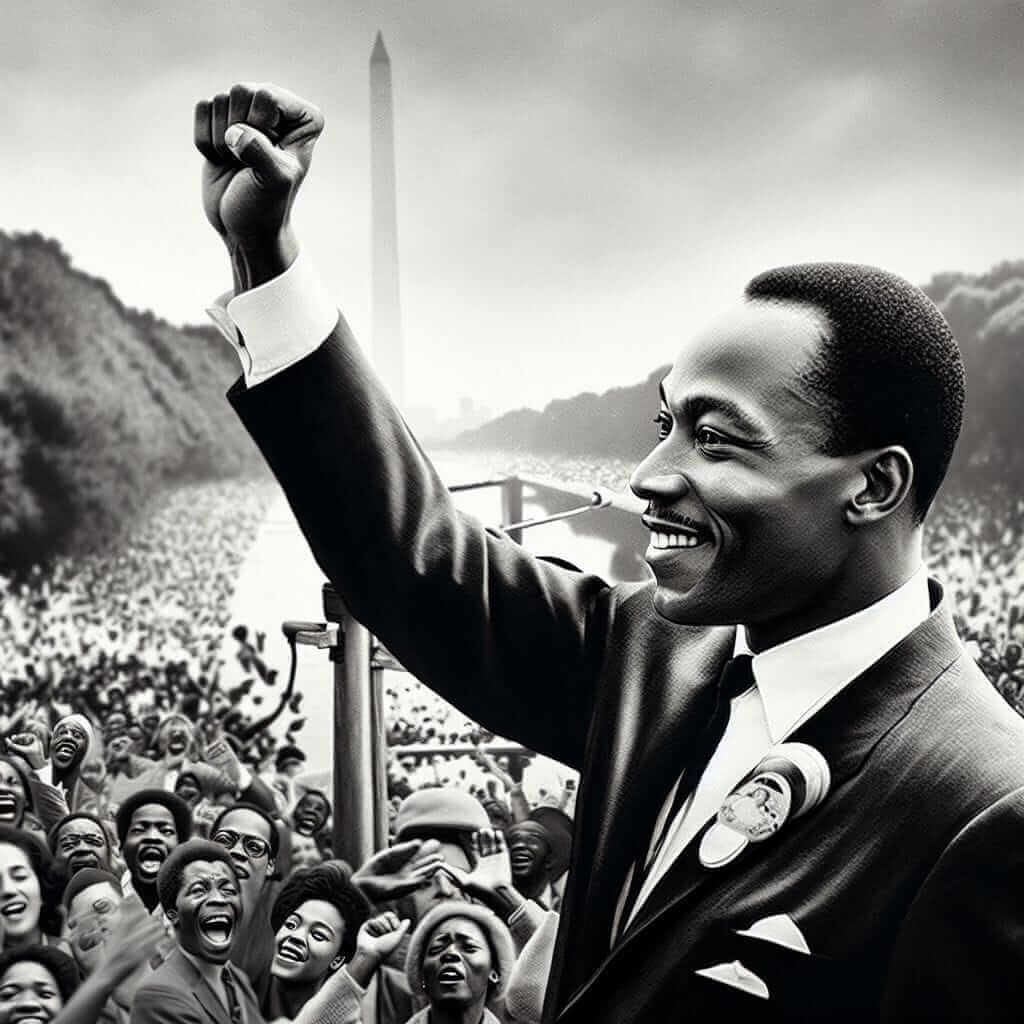The Reading section of the IELTS exam is known to challenge candidates with a range of texts that cover diverse, often intellectual topics. One such topic that frequently appears due to its global significance is the “Political impact of Nelson Mandela’s leadership.” This topic explores the political changes brought about by Mandela’s efforts, both in South Africa and globally. Given the historical and cultural significance of Nelson Mandela, it is a popular theme that can likely reappear in future exams.
This article aims to provide a detailed sample reading passage, complete with questions and answer keys, which mirrors the complexity and style of actual IELTS Reading sections. It is designed to help IELTS candidates prepare effectively for the exam.
Sample Reading Passage: “Political Impact of Nelson Mandela’s Leadership” (Medium Text)
Nelson Mandela, an iconic figure in the fight against apartheid, transformed the political landscape of South Africa and beyond. Born in 1918, Mandela became involved in the anti-apartheid movement in his 20s and was a founding member of the African National Congress (ANC) Youth League. His leadership was pivotal in challenging the institutionalized racial segregation and discrimination imposed by the apartheid regime.
Mandela’s imprisonment for 27 years did not stifle his influence; rather, it amplified his moral authority and global reputation. During his incarceration, Mandela became a symbol of resistance against oppression worldwide. His release in 1990 marked the beginning of a significant political transition in South Africa.

Mandela’s leadership culminated in his election as South Africa’s first black president in 1994, a milestone that signified the end of apartheid. His presidency was characterized by efforts to foster reconciliation and unity in a country marred by decades of racial tension. Mandela’s establishment of the Truth and Reconciliation Commission (TRC) was a critical step in addressing past human rights violations and fostering national healing.
Internationally, Mandela’s approach to conflict resolution and peace-building was influential. He championed the values of forgiveness and reconciliation, which resonated in various global contexts. Mandela’s efforts contributed to the resolution of conflicts in other African nations and inspired movements promoting social justice worldwide.
Mandela’s legacy is enshrined not just in the political freedoms he helped secure, but in the principles of equality, justice, and human rights that he steadfastly advocated. Today, his impact is evident in the continuing global struggle against discrimination and inequality.
Questions
Multiple Choice
- What was a significant outcome of Nelson Mandela’s leadership in South Africa?
- A. The establishment of apartheid
- B. The end of racial segregation
- C. The creation of the ANC Youth League
- D. His imprisonment for 27 years
Identifying Information (True/False/Not Given)
-
Mandela’s imprisonment diminished his influence and made him a lesser-known figure.
- True
- False
- Not Given
-
The Truth and Reconciliation Commission (TRC) was established to address past human rights abuses.
- True
- False
- Not Given
Summary Completion
Complete the summary below using words from the text:
Mandela’s release in marked a new political era in South Africa. His presidency focused on and national healing through the establishment of the _____.
Matching Information
Match each statement with the correct year:
- Mandela was born.
- Mandela was elected as the first black president of South Africa.
- Mandela was released from prison.
- A. 1990
- B. 1918
- C. 1994
Answer Key
-
B. The end of racial segregation
Explanation: Mandela’s significant contribution was bringing an end to apartheid, South Africa’s system of racial segregation. -
False
Explanation: The text states that Mandela’s imprisonment amplified his moral authority and global reputation, not diminished it. -
True
Explanation: The text mentions the establishment of the TRC was a step in addressing human rights violations and fostering national healing.
Summary:
- 1990
- fostering reconciliation
- Truth and Reconciliation Commission (TRC)
Matching Information:
4. B. 1918
5. C. 1994
6. A. 1990
Common Mistakes and Tips
Common Mistakes
- Focusing too much on specific details: Candidates often miss the broader picture and context.
- Mishandling True/False/Not Given questions: Misinterpreting information or assuming details not provided in the text.
- Time management: Spending too much time on difficult questions can leave less time for easier ones.
Tips for Preparation
- Practice skimming and scanning techniques: Identify key pieces of information quickly.
- Understand the common question types: Familiarize yourself with different formats like True/False/Not Given, Multiple Choice, and Summary Completion.
- Enhance your vocabulary: Knowing synonyms and related terms can help you find answers faster.
Vocabulary and Grammar Focus
Vocabulary
- Institutionalized: (adj.) /ˌɪnstɪˈtjuːʃənəlaɪzd/ established as a norm or standard in a society.
- Reconciliation: (noun) /ˌrekənsɪliˈeɪʃən/ the restoration of friendly relations.
- Imprisonment: (noun) /ɪmˈprɪzənmənt/ the act of putting someone in prison.
Grammar
- Passive Voice: “Mandela’s imprisonment for 27 years did not stifle his influence…” – Passive constructions are often used to emphasize actions and their impacts rather than who performed the action.
- Relative Clauses: “Mandela, an iconic figure in the fight against apartheid,…” – Useful for adding additional information about a noun without starting a new sentence.
Final Advice for High IELTS Reading Scores
- Regularly practice reading complex texts, keeping time management in mind.
- Engage with diverse topics to broaden your contextual understanding.
- Use practice tests to familiarize yourself with the exam format and question types.
By focusing on these strategies and preparing thoroughly, you can enhance your chances of achieving a high score in the IELTS Reading section.